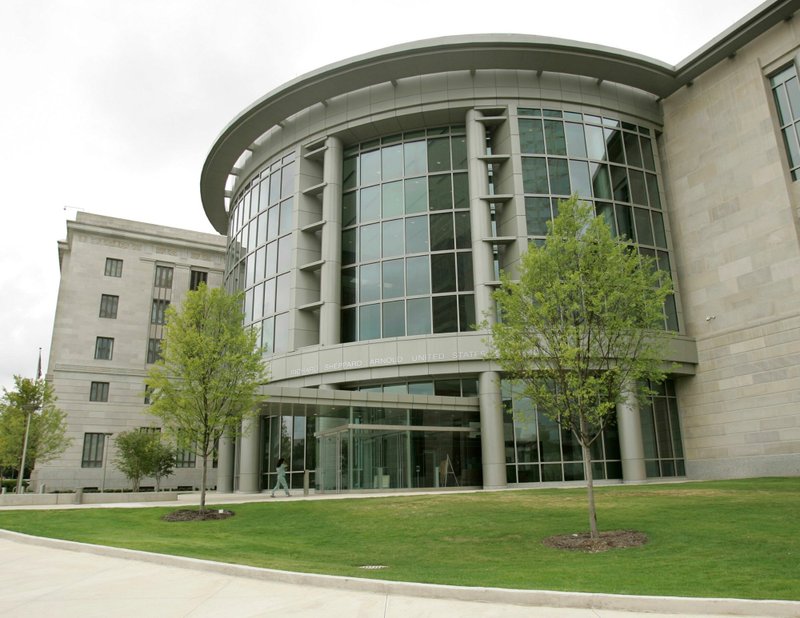The same three-judge panel that recently dismissed a federal lawsuit contesting Arkansas’ redrawing of its congressional districts following the 2020 Census denied a motion to dismiss a similar case brought by a different set of plaintiffs.
On Monday, the panel — Chief U.S. District Judge D. Price Marshall Jr., U.S. Circuit Judge David Stras and U.S. District Judge James M. Moody Jr. — heard oral arguments regarding a motion to dismiss the case of Christian Ministerial Alliance et al. v. Secretary of State John Thurston that was filed May 23. The lawsuit alleges that the state’s current congressional map violated the 14th and 15th amendments to the U.S. Constitution by purposely moving more than 41,000 predominately Black voters in Pulaski County that were in the state’s 2nd Congressional District into the state’s 1st and 4th Congressional districts.
Following a 90-minute hearing Monday during which the panel heard from Arkansas Deputy Solicitor General Dylan Jacobs arguing for the defendants, and Michael Skocpol, a Washington D.C.-based attorney with the NAACP Legal Defense Fund arguing for the plaintiffs, Marshall said the panel would take the issue under advisement.
The order issued by the panel on Tuesday gave no reason for the denial but said a separate order would be entered detailing the panel’s decision, “in due course.” The order gave the parties until Jan. 5 to file a plan for discovery with the court.
On May 24, the same three-judge panel held that the plaintiffs in the Arkansas redistricting lawsuit Simpson v. Thurston had failed to document a racial motivation on the part of state legislators in approving the new congressional map and dismissed the case. What the panel found instead, according to the order, was a politically motivated desire to dilute Democratic votes by disbursing a large voting bloc of likely Democratic voters into two majority Republican districts and replacing them with a bloc of likely Republican voters.

